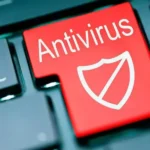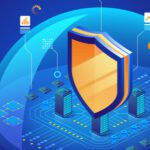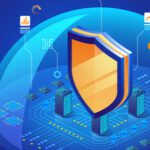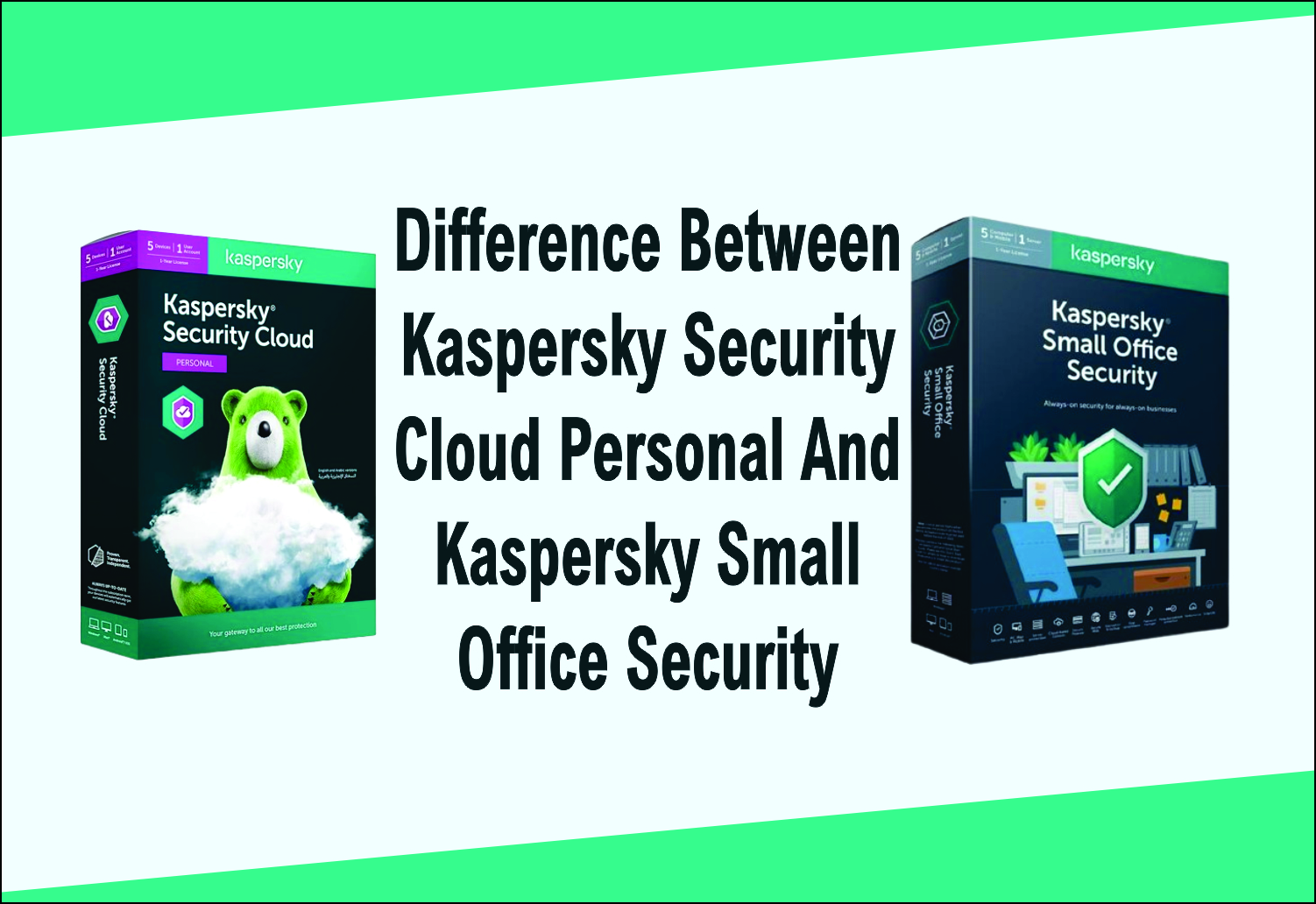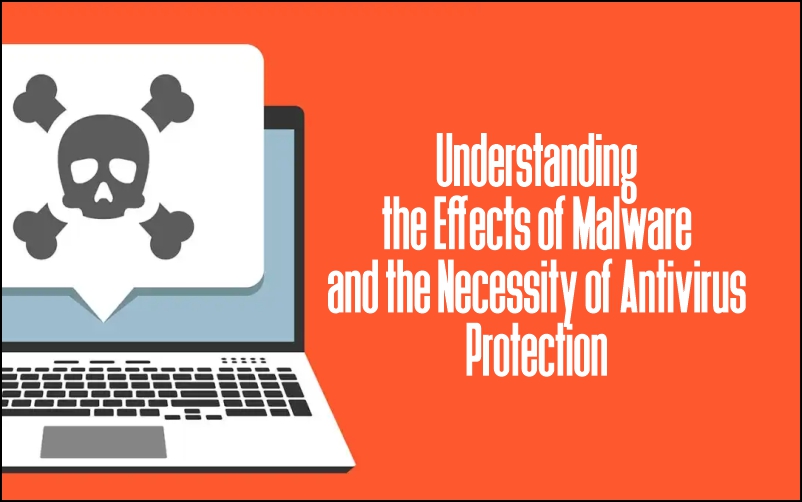
This article helps you to understand the Effects of Malware and the Necessity of Antivirus Protection on your Computer.
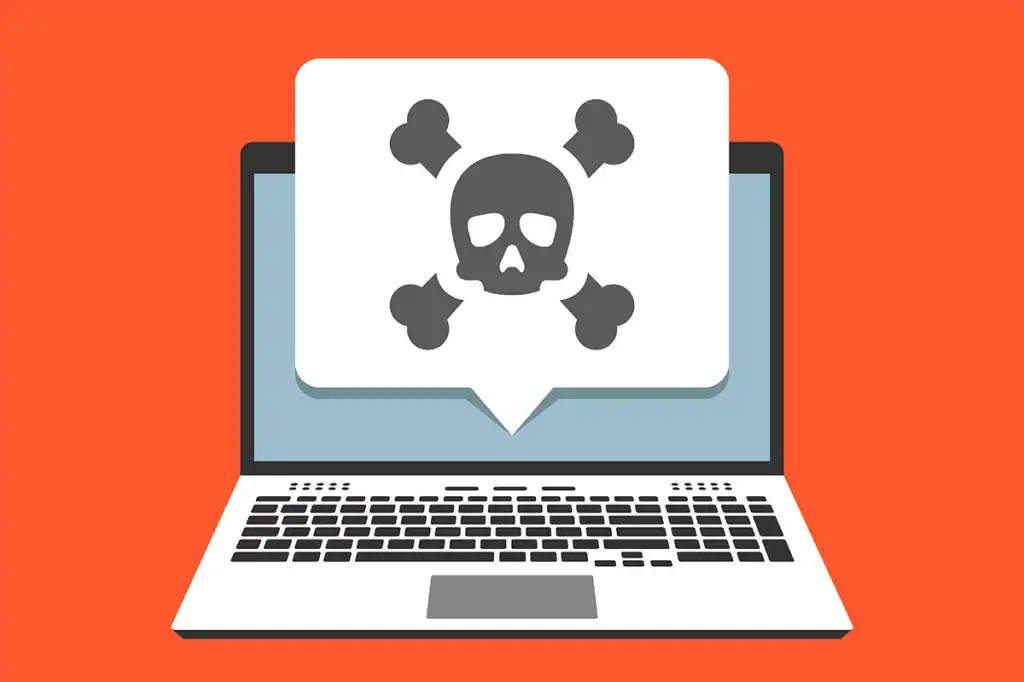
In today’s interconnected digital landscape, the threat of malware looms large over every PC user. Malware, a portmanteau of “malicious software,” encompasses a broad range of malicious programs designed to infiltrate, damage, or gain unauthorized access to computer systems. From viruses and worms to ransomware and spyware, the effects of malware can be devastating, resulting in data loss, financial theft, system corruption, and even identity theft. To mitigate these risks, the deployment of robust antivirus software is essential. Let’s delve deeper into the effects of malware on PCs and understand why antivirus protection is indispensable in safeguarding against these threats.
1. Data Loss and Corruption: One of the most common effects of malware is data loss and corruption. Certain types of malware, such as ransomware and Trojan horses, can encrypt or delete important files, rendering them inaccessible or irretrievable. This can have severe consequences for individuals and businesses, leading to productivity loss, financial damage, and reputational harm.
2. System Instability: Malware often disrupts the normal functioning of a computer system, causing it to become slow, unresponsive, or prone to frequent crashes. Viruses and worms, in particular, can exploit vulnerabilities in the operating system or installed software, compromising system stability and hindering user experience. Over time, untreated malware infections can render a PC unusable, necessitating costly repairs or replacements.
3. Privacy Breaches: Many forms of malware are designed to harvest sensitive information from infected systems, including login credentials, financial details, and personal data. This information can then be used for various malicious purposes, such as identity theft, financial fraud, or targeted advertising. By compromising user privacy, malware undermines trust in online interactions and exposes individuals to significant risks of exploitation.
4. Network Compromise: Malware often spreads through network connections, allowing it to propagate rapidly across interconnected devices. Once inside a network, malware can exploit vulnerabilities in other systems, compromise sensitive data stored on servers, and facilitate unauthorized access to corporate resources. This not only jeopardizes the integrity of organizational networks but also poses a threat to the broader cybersecurity ecosystem.
5. Damage to Reputation: Beyond the immediate technical impacts, malware infections can also damage the reputation of individuals and organizations. Publicized data breaches or security incidents can erode trust among customers, partners, and stakeholders, leading to loss of business opportunities and diminished brand loyalty. Moreover, regulatory penalties and legal liabilities may further exacerbate the consequences of a malware attack.
Given the multifaceted nature of malware threats and their potentially far-reaching consequences, proactive measures are paramount to defend against them. Antivirus software serves as the first line of defense, employing advanced detection algorithms and heuristic analysis to identify and neutralize malware before it can wreak havoc on a PC. By regularly updating virus definitions, performing system scans, and implementing real-time protection mechanisms, antivirus solutions can significantly reduce the risk of infection and mitigate the effects of malware on PC users.
In conclusion, the effects of malware on PCs are diverse and detrimental, ranging from data loss and system instability to privacy breaches and reputation damage. To mitigate these risks and safeguard against evolving threats, the deployment of antivirus protection is indispensable. By investing in robust security solutions and adopting best practices for cyber hygiene, individuals and organizations can fortify their defenses against malware and preserve the integrity of their digital assets.
To get any antivirus software, and
To get your activation code (license key),
Buy from our TECHLOVER STORE
Buy from our JUMIA STORE
Buy from our KONGA STORE
Buy from our SELAR STORE
Originally posted 2024-04-22 09:19:36.




